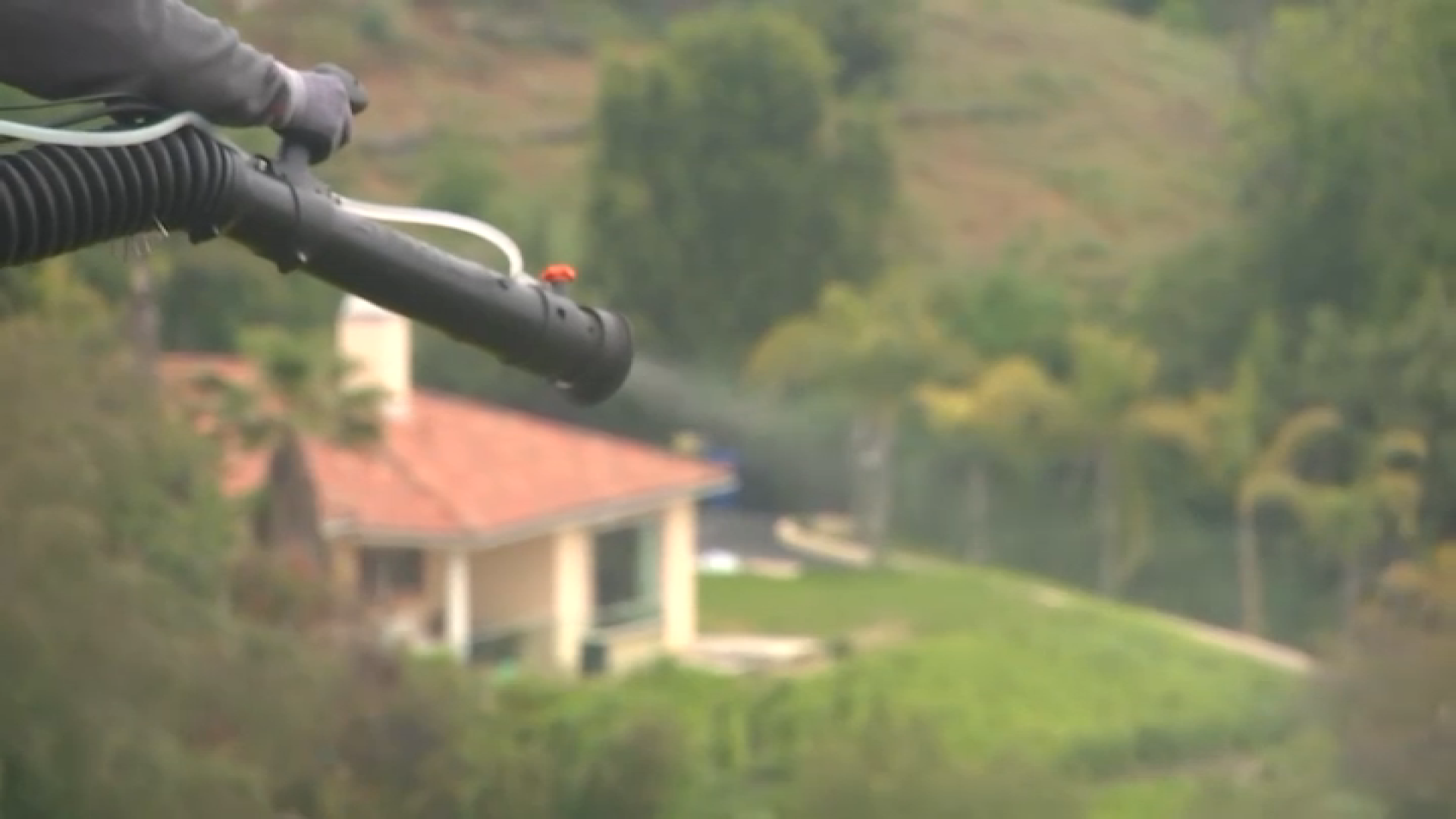A San Diego judge temporarily stopped the public release of disciplinary records of law enforcement officers who work for eight different local agencies, including the San Diego, Carlsbad and Coronado police departments, the Harbor police, and the San Diego school police.
Release of disciplinary records and the findings of some internal department investigations was authorized by Senate Bill 1421, which took effect January 1.
Police chiefs across the state -- and their legal advisors -- have interpreted the new law as requiring them to publicize serious discipline records of any officer currently in their possession, no matter how old those records are.
The Chula Vista, Escondido and Carlsbad police departments, and the San Diego Harbor Patrol have released records to NBC 7 Investigates in response to public records requests.
One instance involved a Chula Vista Police Department officer who was forced to resign last year after he was caught having sex on duty.
Another involved an accidental shooting that resulted in the death of an Escondido woman.
NBC 7 Investigates has also requested reports of officer wrongdoing and internal reviews from every other law enforcement agency in San Diego County.
Local
But attorneys for police officers associations across the state have challenged the release of any documents related to disciplinary actions that happened before January 1.
On Tuesday, San Diego Superior Court Judge Eddie Sturgeon granted a temporary halt to the release of those early records by the eight departments challenged by their police officer associations.
Attorneys for the cities involved did not contest with the judge’s decision to stay the release of records pending an in-depth hearing on the issues scheduled for March 1.
Ellen Gross, Assistant General Counsel for the Port of San Diego, which oversees the Harbor Police, said outside the courtroom that the wording of the new law is “uncertain” as to whether or not it requires police departments to release older records.
“So we look forward to the court’s guidance on how to apply (the law to the facts),” Gross said.
Rick Pinkard, attorney for the police officers associations, said it is grossly unfair for police departments to release the older disciplinary records. He said some officers may have in the past agreed to accept disciplinary action in part because they knew -- under the law as it existed at the time -- that the records of that discipline would remain confidential.
Pickard said that if an officer had any idea that their disciplinary file would later be made public, they might have more vigorously challenged the allegations against them.
Pinkard said his clients might also file a broader challenge to the new law in an attempt to block the release of any disciplinary records.
“I don’t believe that SB 1421 is about transparency,” Pinkard told NBC 7 Investigates. “I believe SB 1421 is about publicly shaming law enforcement officers and creating a disincentive for law enforcement to be proactive in their police work.”
Attorneys for the media and the ACLU disagreed.
“By sharing these records, by disclosing them, it’s building community trust,” said Bardis Vakili of the ACLU of San Diego and Imperial Counties. “It’s a benefit to everybody -- the community and the officers themselves -- to have this aired out.”
The ACLU and local media organizations are not parties to the legal action, but have joined it as “interveners.”
Judge Sturgeon set a February 15 hearing for the interveners to argue their positions in favor of retroactive release of all disciplinary records now in the possession of local police departments.



